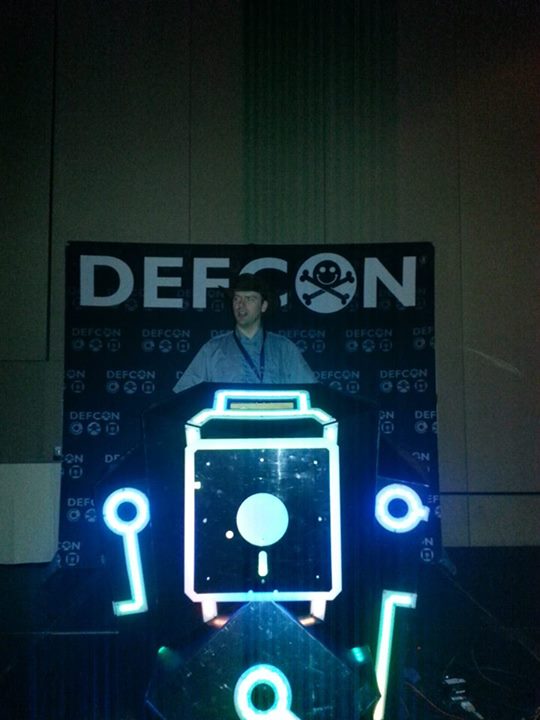Do you know what’s difficult for gun nuts and technology enthusiast to do? Turn on the news. Most of the gunny readers of my blog are used to the glaring idiocy emitted by reporters when they attempt to talk about firearms. You get ridiculous assertions like the word magazine being interchangeable with clip, every rifle being an AK-47, every handgun being a Glock, and Uzis being high-powered firearms:
The girl was being shown how to use a high-powered Uzi sub-machine gun at an Arizona shooting range when the recoil caused her to lose control of it.
Emphasis mine. Unless there is an Uzi model chambered in .308 (and if there is please tell me, I fucking want that for reasons) it is not high-powered. Uzis, as far as I know, are commonly chambered in 9mm with a few other models available that fire other pistol calibers. Pistol calibers, no matter how you look at them, aren’t high-powered. In fact they’re usually considered anemic, which is why military personnel usually carry rifles.
When media outlets report on topics related to technology we get similar levels of stupidity. The news that nude pictures of several celebrities have been obtained form their compromised iCloud accounts has received wall to wall coverage from several media outlets. And with great coverage comes great stupidity. Here we have a CNN talking head speculating on the nature of 4chan:
In the wake of the massive leak of hacked celebrity nude photos now known as celebgate, CNN—the most trusted name in news—is on the case. The cable news pioneer put its best tech analyst Brett Larson on the job and he speculated in wildly unhelpful fashion on Tuesday about just who this 4chan guy is, anyway.
“He might be a system administrator,” Larson suggests.
I guess the top tier research team over at CNN couldn’t be bothered to do a Google search. If they had they would have gotten the website 4chan at the top hit and a Wikipedia article entry on 4chan as the second hit. In other words a few simple keystrokes would have informed anybody capable of reading (I know, that’s expecting a lot from the research team over at CNN) that 4chan isn’t a person, it’s a website.
Because of my interests in guns and technology I feel as through I’m receiving a double dose of stupid every time I turn on the news or open a news site. I can only assume that the media’s coverage of basically everything else is just as ill-informed.
